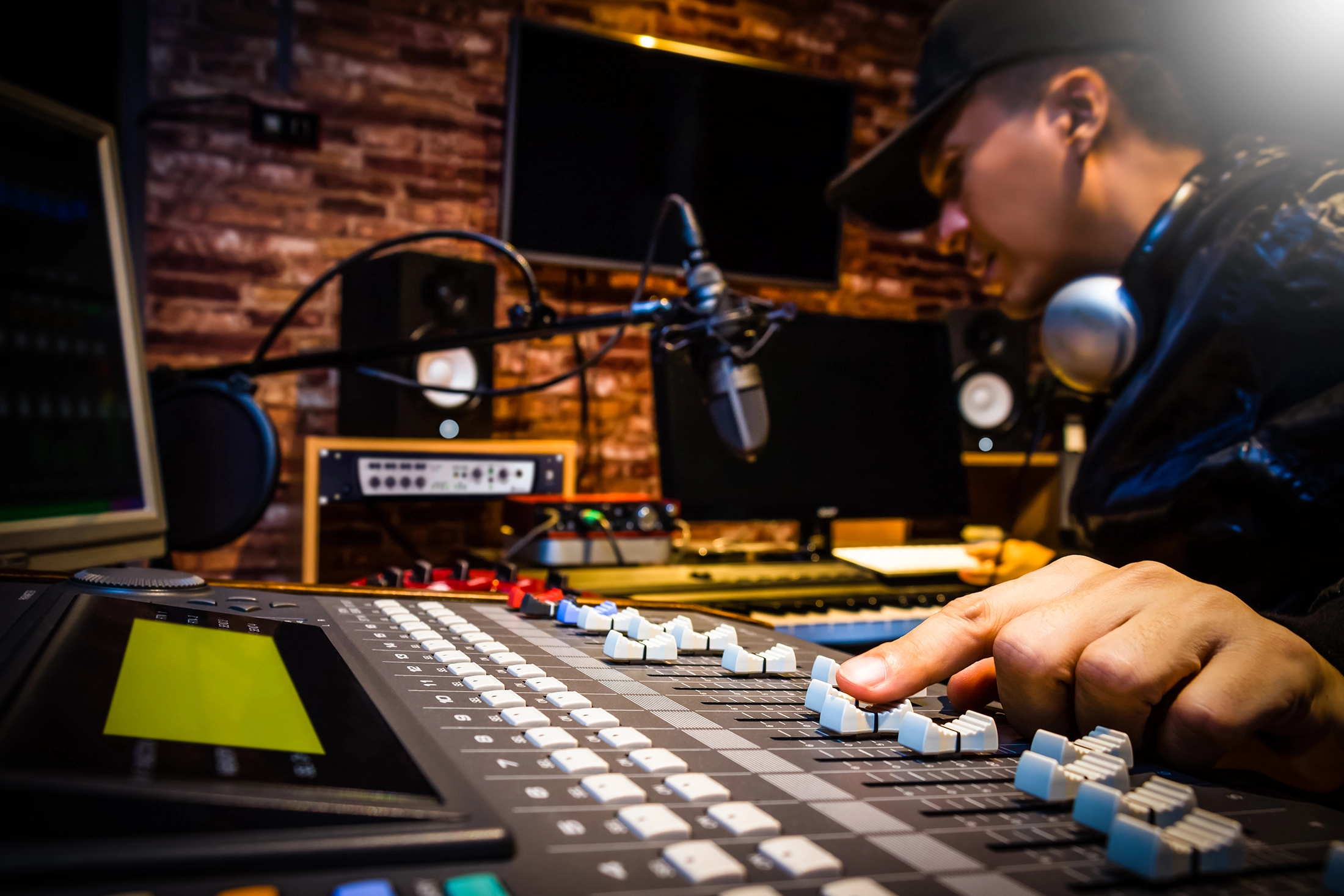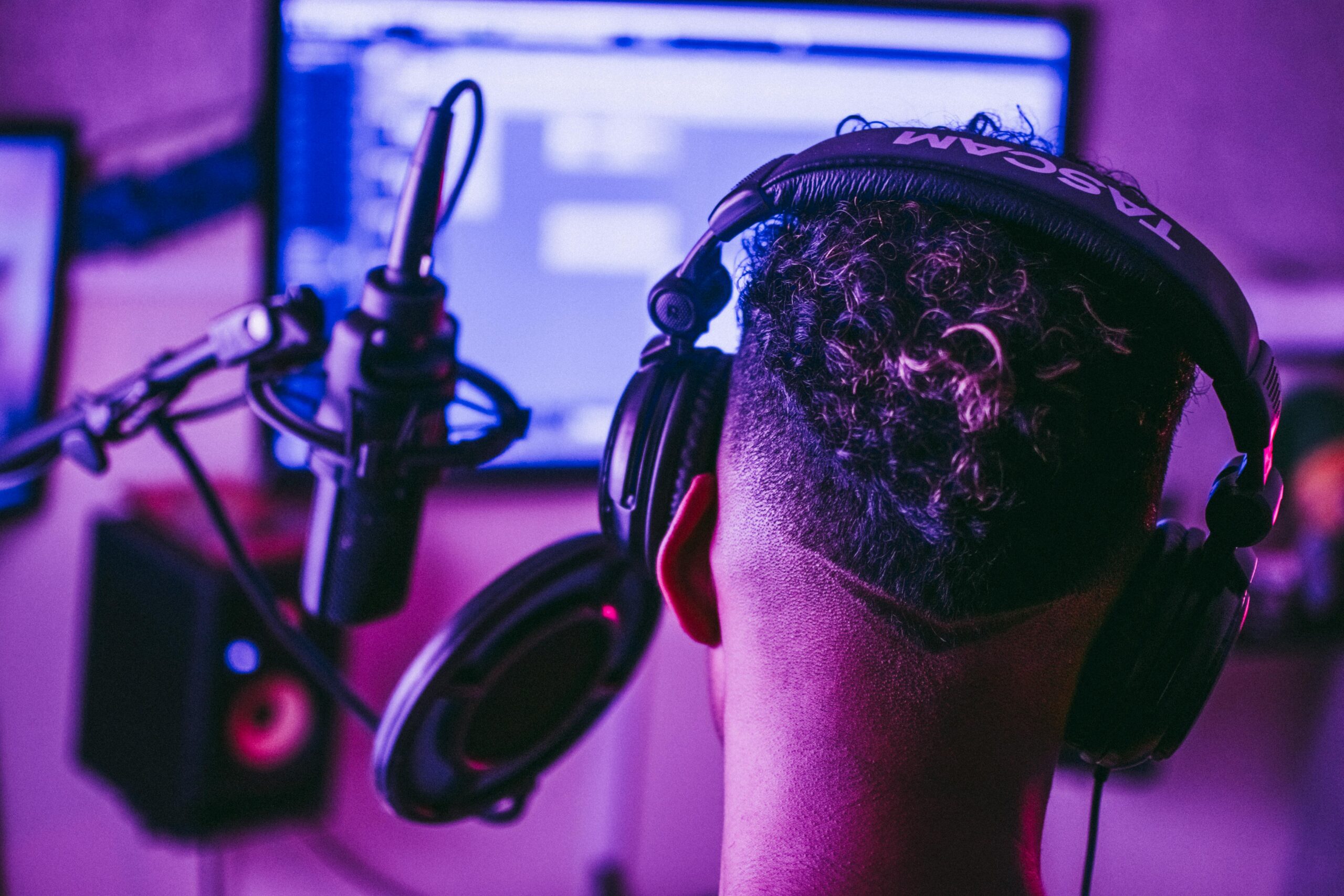
COURSE OUTLINE
What You'll Learn at an Audio Recording School
Thinking about going to an audio recording school? Then you probably want to know what you’ll actually learn. Spoiler: it’s a lot more than just how to press record.
From music production to game audio, audio RECORDING schoolS turn your passion into real-world skills.
And while every program is different, most follow a course outline that blends creative training, technical knowledge, and hands-on experience.
Foundations of Sound and Studio Basics
In your first few weeks, you’ll start learning how sound works, how studios are set up, and how to start thinking like an audio pro.
You’ll cover:
- The physics of sound (frequency, amplitude, waveforms)
- Signal flow: how audio travels through gear
- Studio equipment overview (mics, interfaces, monitors)
- Introduction to DAWs (Digital Audio Workstations)
- Setting up and breaking down basic sessions
- Studio etiquette and workflow fundamentals
This is your base layer — everything else builds on these core concepts.
Recording and Mixing Music
Now that you understand the gear and the flow, it’s time to start recording.
You’ll dive into:
- Mic types and placement for different instruments
- Tracking vocals, drums, guitars, and more
- Working with artists in a studio setting
- Intro to EQ, compression, and reverb
- Building basic mixes that sound clean and professional
- Editing audio in your DAW with precision
By the end of this phase, you’ll know how to run a session, track a band, and mix a song that actually sounds good.
Live Sound and Signal Management
Live audio is a whole different world — and you’ll get real-world practice in it.
This section covers:
- Setting up PA systems and mixing consoles
- Running FOH (Front of House) and monitor mixes
- Troubleshooting gear and managing feedback
- Working with live bands, DJs, and event crews
- Audio safety, cabling, and load-in/load-out
- Mixing in real-time under pressure
This is ideal if you’re interested in concerts, festivals, or touring gigs.
Post-Production for Film, TV, and Games
Now it’s time to shift from the stage to the screen. In this section, you'll learn how to work with audio in visual media.
You’ll explore:
- Dialogue editing and ADR (Automated Dialogue Replacement)
- Foley and sound effect creation
- Music editing and syncing audio to picture
- Mixing in surround formats
- Working with timecode and video workflows
- Intro to game audio tools like Wwise and FMOD
Whether you're drawn to movies, YouTube, or gaming, this phase helps you shape audio in context.
Voiceover, Podcasting, and Content Audio
The world is full of content — and content needs clean, professional sound. This section is all about capturing clear, engaging voice recordings.
Topics may include:
- Mic techniques for voiceover and podcast hosts
- Audio cleanup and restoration (noise reduction, clicks, pops)
- Leveling and mastering for web delivery
- Music beds, intro/outro production, and branding
- Audio formats for streaming platforms
- Recording remotely or on location
If you’re into podcasting, narration, or spoken-word production, this section delivers major value.
Advanced Production and Portfolio Development
As you get closer to graduation, you’ll pull everything together into real-world projects that showcase your skills.
You’ll work on:
- Full music production projects
- Film/game/post-production mixes
- Live sound gigs or internships
- Custom sound design reels
- Collaborative projects with other creatives
- Personal branding and resume/portfolio building
By the end of this phase, you’ll have a body of work you can show to employers, clients, or collaborators — plus the experience to back it up.
Bonus Topics That May Be Included
Depending on the school, you might also get training in:
- Mastering for digital platforms
- Acoustics and studio design
- MIDI production and electronic music
- Business skills for freelance audio pros
- Licensing, publishing, and copyright
- Audio for VR/AR and immersive experiences
These extras help you round out your knowledge and get career-ready.
Certification and Career Support
Depending on the school, you might also get training in:
- Industry certifications (Pro Tools, Logic, Wwise, etc.)
- Job boards, networking events, and internships
- Resume and interview prep
- Career placement assistance
- Alumni connections
You’re not just learning for fun — you’re learning to get hired.
Why This Matters to You
A solid course outline is more than a checklist — it’s your roadmap to becoming a professional in the audio world.
Whether you want to produce music, mix live shows, create game audio, or launch your own podcast brand, an audio recording school gives you the tools, structure, and support to turn your passion into a career.
You don’t need to figure it out alone — you just need to start.

STILL NOT SURE WHERE TO START?
Answer a few questions and find a program that fits your goals.
